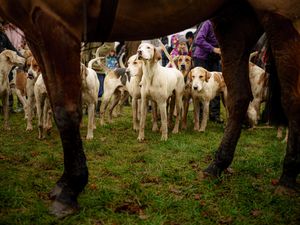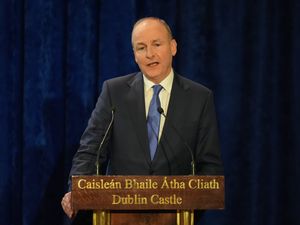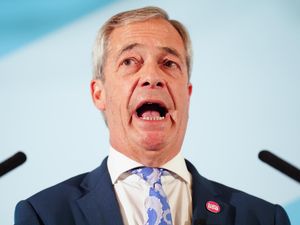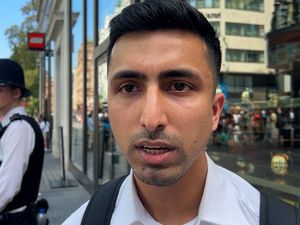HTS ban does not prevent Government talks in future, Number 10 suggests
Hayat Tahrir al-Sham (HTS), who took power in Syria after the weekend’s events, is proscribed in the UK because of its past association with al Qaida
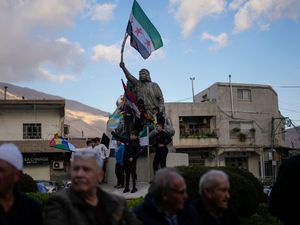
The fact that the group which has taken power in Syria is banned in the UK does not prevent the Government from talking with it in the future, Downing Street has said.
Hayat Tahrir al-Sham (HTS), who took power in Syria after the weekend’s events, is proscribed in the UK because of its past association with al Qaida, the terrorist organisation once led by Osama bin Laden.
But the group’s leader, Abu Mohammed al-Golani, cut ties with al Qaida years ago and has sough to present his group as more moderate and inclusive.
The Prime Minister’s official spokesman said on Tuesday: “The fact that HTS is a proscribed terrorist group does not prevent the Government from engaging with HTS in the future.”
Pointing to terrorism legislation, he added: “There’s no absolute offence of meeting a proscribed organisation”
He said that engagement with such organisations “could for example include meetings designed to encourage a designated group to engage in a peace process or facilitate the delivery of humanitarian aid”.
The spokesman added: “More broadly we keep proscriptions under review and we’re obviously monitoring the situation closely.”
On Monday, the Prime Minister suggested that the UK is not considering whether to remove the group from the proscribed list.
Sir Keir Starmer told reporters while on a visit to the Middle East that there was “no decision pending at all” on the matter, and described it as “far too early”.

It came after Cabinet minister Pat McFadden said that any decision on the group needed to be taken quickly.
He told BBC Radio 4’s Today programme on Monday: “They’ve been proscribed for quite a long time now.
“The leader of that group has distanced himself away from some of the things that have been said in the past. He is saying some of the right things about the protection of minorities, about respecting people’s rights. So we’ll look at that in the days to come.”
He added: “We don’t know what will happen in Syria right now, whether it’s going to be a better future for the country, or whether it’s going to be more chaos, no one can be certain about that right now.
“But obviously, if the situation stabilises, there’ll be a decision to make about how to deal with whatever new regime is in place there.”
He added: “I think it should be a relatively swift decision so it’s something that will have to be considered quite quickly, given the speed of the situation on the ground.”

